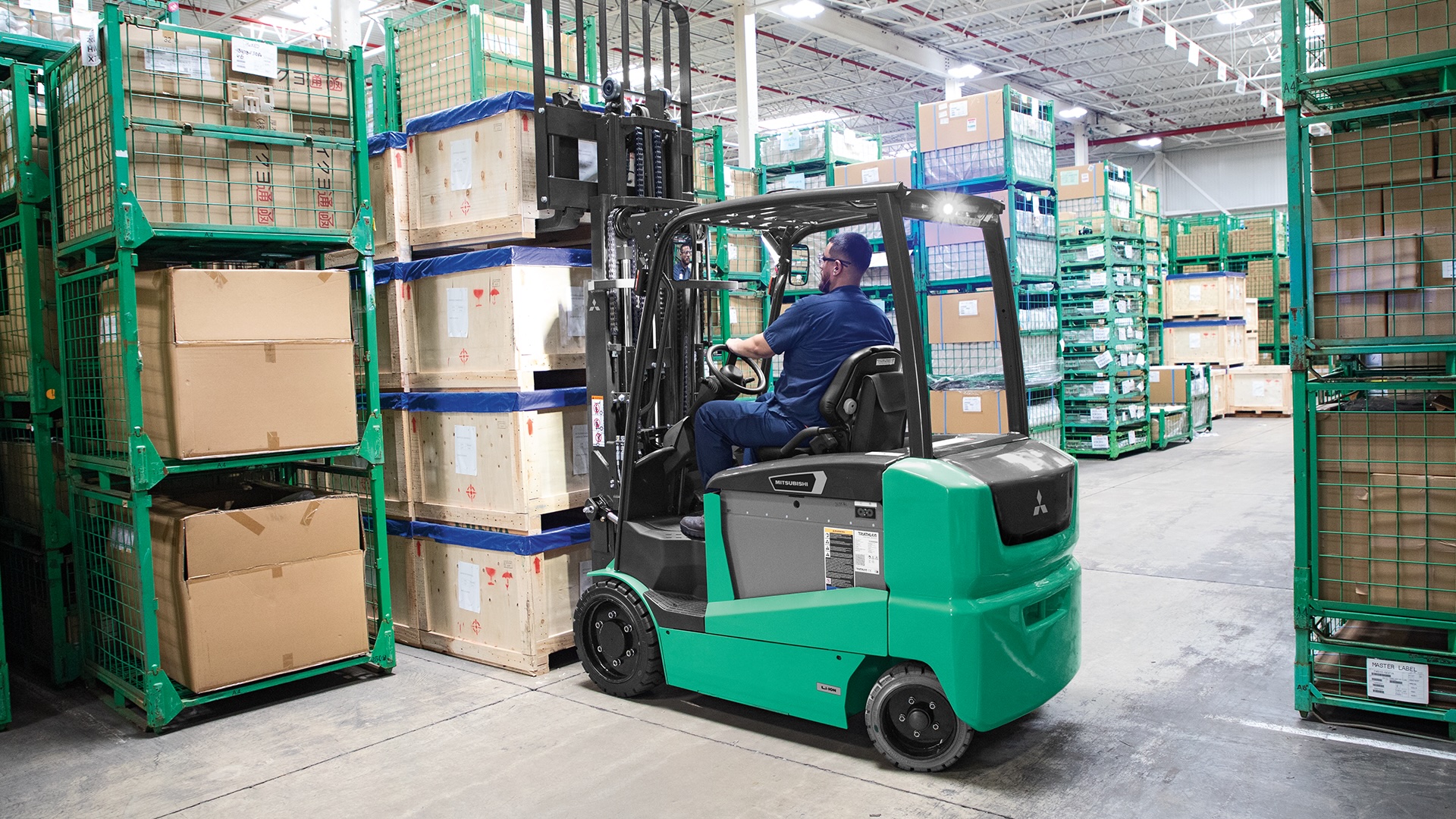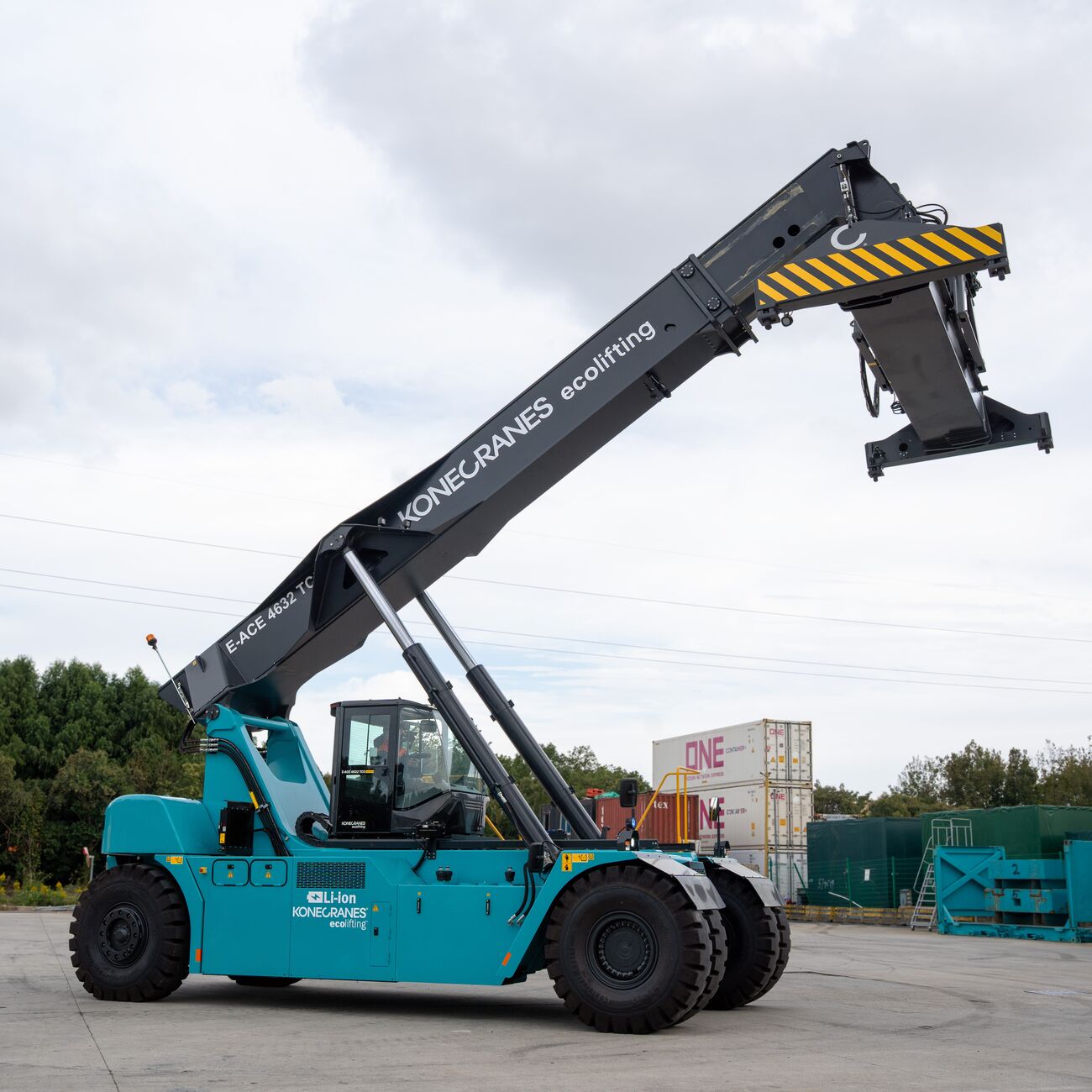Honeywell Partners with Carnegie Mellon University
Honeywell has entered into a strategic collaboration with Carnegie Mellon University to advance artificial intelligence and robotic technologies to help distribution centers address rising demands fueled by rapid growth in e-commerce.
The initiative brings together Honeywell Intelligrated, a division of Honeywell Safety and Productivity Solutions, and Carnegie Mellon’s National Robotics Engineering Center. The two organizations are advancing the capability of artificial intelligence and robotics technologies to benefit distribution centers, which are becoming more integrated and complex, and looking to robotics solutions to improve productivity and performance in fulfilling orders.
“It is becoming increasingly difficult to staff supply chain operations fast enough to satisfy the growth in e-commerce. Developing advanced machine learning capabilities and applying it to critical distribution center applications is a key enabler for our customers,” said Pieter Krynauw, president of Honeywell Intelligrated. “Our industry expertise coupled with the research capability of Carnegie Mellon accelerates our ability to bring advanced technology to market at scale and deliver much-needed capacity and productivity gains for distribution centers through digital transformation.”
“With this initiative, we are combining leading-edge robotic technology from Carnegie Mellon with Honeywell Intelligrated’s logistics and industrial robotics expertise,” said Dr. Herman Herman, director of the National Robotics Engineering Center at Carnegie Mellon University. “In a period of such extreme growth for robotics, it is vital to have the technical platform along with the domain expertise and real-world data to push technology forward to commercial maturity.”

NREC develops and matures robotics technologies and solutions from concept to commercialization.
The rapid growth of e-commerce is putting increased pressure on distribution centers to fulfill orders quickly and accurately for retailers and consumers. According to research by eMarketer, e-commerce sales in the U.S. will increase approximately 16 percent in 2018, to exceed $526 billion. This growth will continue, with e-commerce projected to account for more than 12 percent of U.S. retail sales in 2020.
The Honeywell and Carnegie Mellon University collaboration will focus on developing a next-generation architecture to control and operate multiple robotic applications. The platform uses machine learning to enable critical decision-making capabilities, intelligent motion, collision avoidance and reliable sensing making it practical to deploy advanced robotics in dynamic, unpredictable environments.
Honeywell’s approach enables continuous learning and performance improvements to adapt to changing conditions in the enterprise. This allows for the automation of more complex warehousing tasks, such as unloading shipping containers and picking packets or individual e-commerce orders.








